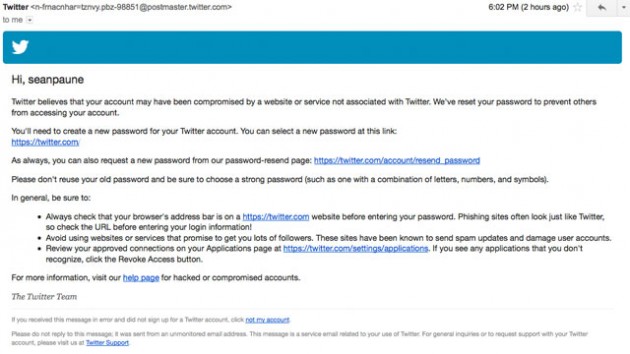 Microsoft has been hacked, in the same wave of attacks targeting Facebook and Apple. The company made the announcement in a blog post on its website.
Microsoft has been hacked, in the same wave of attacks targeting Facebook and Apple. The company made the announcement in a blog post on its website.
You can sleep safe if you use Windows 8 or Windows Phone 8 though, as Microsoft says there's no evidence of any customer data being compromised. Funnily enough, the company says some of its computers in its Mac business unit were among those hacked.
Microsoft says it didn't make a statement immediately, as first it wanted to find out what exactly happened. Only a "small number" of computers were infected by malicious software "using techniques similar to those documented by other organisations."
Last week, Apple announced it had been hit by malware that attacked Java, and a few days earlier, Facebook said it too had been targeted. Just don't tell Jeff Jarvis. Twitter was also hacked last month, with 250,000 accounts affected.
Newspapers including The New York Times, Washington Post and Wall Street Journal have all accused China of cyber attacks, though the origins of the hack targeting Microsoft haven't been revealed. Google's Eric Schmidt has penned a book on the subject, calling China "the world's most active and enthusiastic filterer of information", as well as the "most sophisticated and prolific hacker of foreign companies."
Microsoft acknowledged these kind of attacks are par for the course in the modern tech landscape. It said in its blog post: "This type of cyber attack is no surprise to Microsoft and other companies that must grapple with determined and persistent adversaries… We continually re-evaluate our security posture and deploy additional people, processes, and technologies as necessary to help prevent future unauthorised access to our networks."
[Source: CNET]







